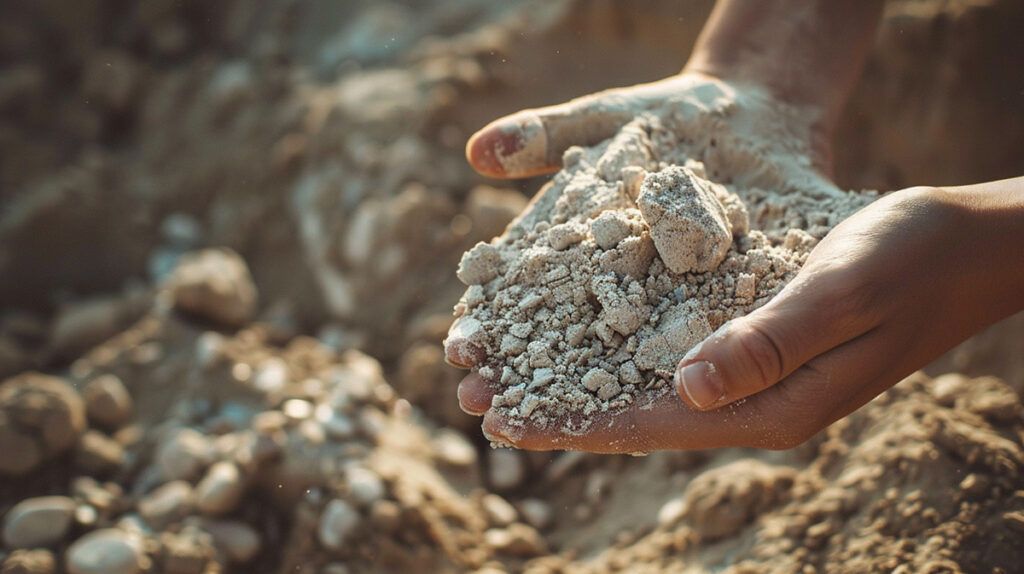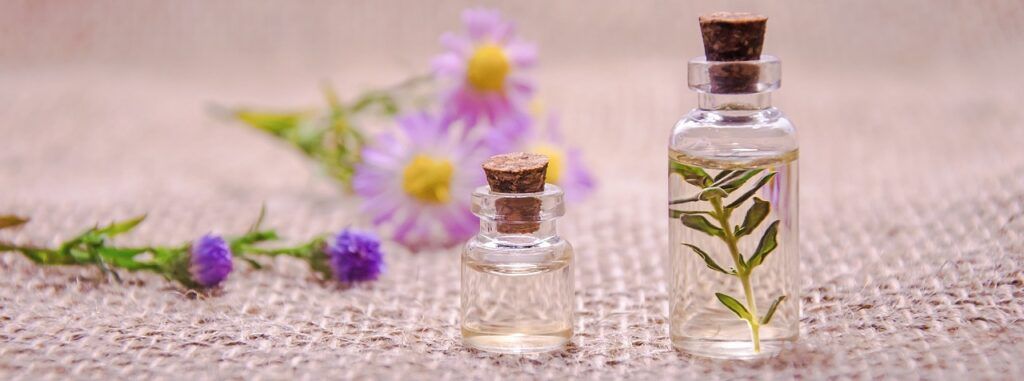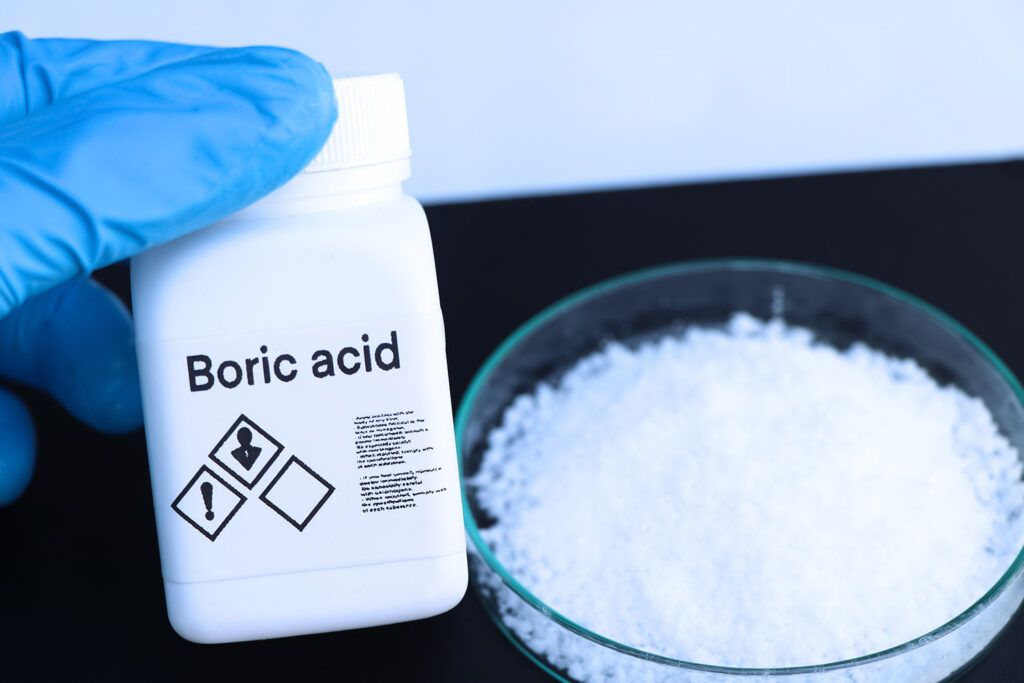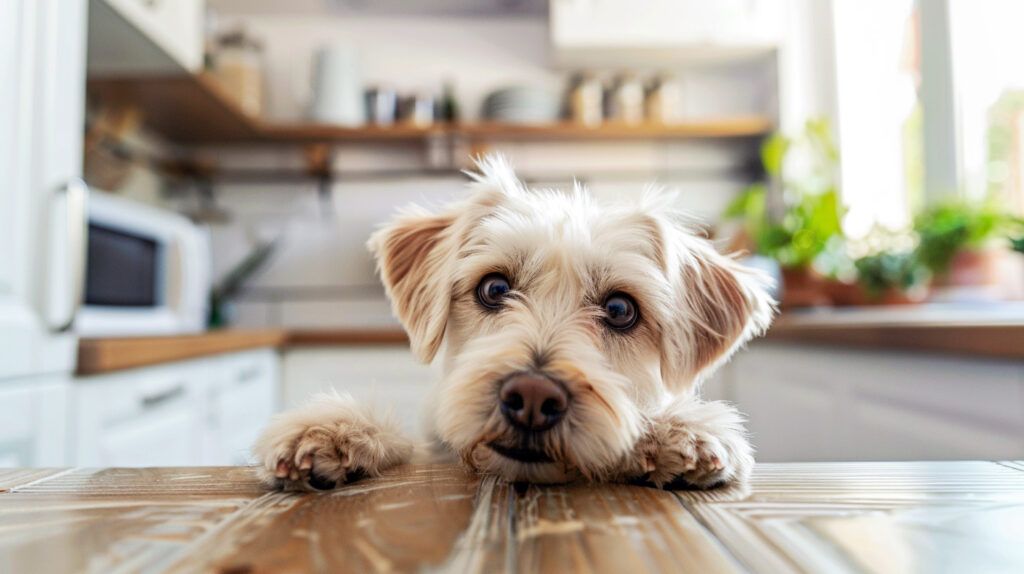Is Ant Killer Safe for Pets?

There’s nobody who wants ants in their home, and most people would be willing to do nearly anything to get rid of them. However, for those of us with other animals in the house like cats and dogs, we need to be sure that whatever product we use to kill ants is also safe for our pets.
Fortunately, there are many options for products that can take care of ants that are also safe for your furry friends. We’ll review the best ant killers you can use without harming your furry friends as well as cover the precautions you’ll want to take.
Pet-Safe Ant Killer
| Method | Pet Safety Precautions | Description | Usage |
|---|---|---|---|
| Soap and Water | Safe, use caution with soap around pets | A simple solution using dish soap to kill ants. | Spray directly on ants and areas with activity |
| Diatomaceous Earth | Safe, avoid inhalation by pets | A natural powder that dehydrates ants. | Apply powder on trails and entry points |
| Essential Oils and Water | Non-toxic but can be harmful if ingested by pets | Use essential oils like peppermint or clove mixed with water. | Spray on ant trails and affected areas |
| Apple Cider Vinegar and Water | Generally safe, avoid ingestion | Vinegar solution that repels ants with its strong scent. | Spray on ants and potential entry points |
| Boric Acid | Mildly toxic, keep away from pet access | Toxic to ants, mixed with sugar for baiting. | Mix with sugar and place in containers |
| Ant Baits | Varies by product, follow manufacturer instructions | Commercial products with active ingredients. | Place in areas with ant activity |
| Ant Traps | Generally safe, avoid placing near pet bedding, food, or toys | Enclosed bait stations safe for pets. | Place in affected areas, follow instructions |
| Coffee Grounds | Can be toxic if ingested | Repels ants but doesn’t kill them. | Sprinkle in affected areas |
Is Pet Killer Safe for Pets?

The short answer is yes, but any product you use should be thoroughly researched to ensure it will be effective for your specific ant issue and won’t cause harm to your pets. While every option listed below is considered safe for pets, particular attention will need to be paid to the amount of ant killer you use and the placement of the product in your home.
Soap and Water
Some of the easiest and most effective methods use products you probably already have at home. One such option is using a soap and water solution for a safe way to combat ants in the house. When you apply soap directly to ants, it kills them almost instantaneously by breaking down their exoskeletons. Ants also leave pheromone trails when they travel to and from food sources to direct other ants which way to go. A soapy water solution can wash this away, deterring more ants from coming into your home.
Many people swear by Dawn dish soap, but you can use any dish soap for this job. Fill a spray bottle almost to the top with warm water then add about two ounces of dish soap and mix it up. Then, spray this directly onto the ants, as well as to other areas of your home where you’ve seen ant activity to eliminate the scent of their trails.
Diatomaceous Earth

Diatomaceous earth (also called DE) is a natural substance made from the skeletons of tiny, aquatic organisms called diatoms. These remains, which contain silica, are then crushed into a fine, white powder that can be applied in a thin layer over areas where ants are active in your home. DE is naturally abrasive, so when it comes into contact with an ant’s body, it slowly breaks down their exoskeletons causing them to dehydrate. To use, apply DE directly onto the ants or their trails, and by baseboards, windows, or doorways where ants enter your home.
When used around pets, DE is largely considered to be safe as it’s also sometimes used to treat fleas on dogs. However, any time you’re using a new product in your home you should take some precautions. One of the biggest concerns is that dogs and cats can inhale the dust of DE which can irritate their lungs, so it’s best to remove pets from the house when you apply it. If possible, you can also clean up the DE before pets return.
Ant Baits
Commercially available ant baits can come in liquid, granule, or gel form and are made with a few different active ingredients.
These can be used in the same way you’d use a homemade solution by placing them in areas where you’ve seen ant activity to both kill and deter them. However, depending on the products used these baits may be dangerous for pets so you’ll need to be sure to follow all manufacturer’s instructions when using them.
Essential Oils and Water

Another way to tackle ants is using essential oils mixed with water, and there are a few different kinds to try. Perhaps the most popular types that homeowners find effective are peppermint, clove, and citrus oils. The d-limonene found in citrus (especially sweet orange, grapefruit, and lemon), and the eugenol found in cloves are both toxic to ants. Plus, the scent of peppermint actively repels ants as well as covers up the pheromones left on ant trails.
Homeowners like using essential oils because they’re completely non-toxic to humans, but they should exercise some caution when using these around pets. You should never put these oils in a place where a cat or dog could roll around in them or accidentally lick and ingest them because they can be highly toxic when this happens. That said, these oils are at their most toxic when they’re fully concentrated, and the diluted form you’re using shouldn’t pose a significant threat.
You can combine all three of these essential oils together with water and then apply it to areas of your home where ants are active. Try using half a cup of water, a quarter cup of white vinegar, then 5 to 10 drops of each kind of oil. For best results, you should reapply every week or so. This mixture can also be used as a disinfectant to clean up your kitchen or other areas of your home that ants are attracted to.
Apple Cider Vinegar and Water
Ants are repelled by a strong scent because it interferes with the natural pheromones they use to communicate with one another. The pungent and sour smell of apple cider vinegar is an excellent, all-natural option in this regard.
To use apple cider vinegar to kill ants, mix equal parts vinegar and water in a spray bottle and apply directly to ants and to clean areas where they’ve been – or where they’re likely to go again. Apple cider vinegar is only harmful to pets if it’s used in its concentrated form and when they ingest large quantities of it. Even then it’s only likely to cause some intestinal distress. Cats don’t like the smell of vinegar and should stay away from it on their own.
👉 Related reading: Best Drain Cleaner (2025 Review)
Boric Acid/Borax

Another natural option for combatting ants is boric acid which, like DE, comes as a fine white powder. Boric acid is toxic to ants, but it won’t kill them instantly. Rather, they will ingest it and then bring it back to their colony to share it with others.
To use boric acid you need to mix it with a food source so ants are attracted to it. This is most often done with sugar but you can also use peanut butter or syrup. Combine equal parts boric acid and sugar together, then begin adding water until the dry ingredients are fully dissolved but the mixture is still viscous. Place this in small containers in places where you’ve seen ants enter your home.
For pets, boric acid is considered to be mildly toxic when ingested, but the small amount that homeowners use for ants wouldn’t pose a threat to cats or dogs. That said, you should try to use the product when pets are away from the home or in a place where a dog or cat might get into it and accidentally ingest it.
Ant Traps
Ant traps (also called ant bait stations) can be made with a few different products, but ones made with borate (like the popular Terro products) are the most common. You can purchase these at home improvement stores and many grocery stores.
These pre-made bait stations are fully enclosed with only a small opening so ants can get inside and ingest the product. This design makes them very safe to use around pets. Plus, the amount of borax in each bait station is so small it poses little threat to other animals in the house. However, you should still refrain from using them around your pet’s bedding, food, or toys since it’s your dog could eat the entire bait station.
Coffee Grounds

Coffee grounds can be an effective method to repel and prevent ants from infesting your home, but they won’t actually kill them. Because ants are repelled by strong smells, if you sprinkle coffee grounds in areas where there’s been ant activity, it can work to prevent more ants from returning or from coming into your home in the first place.
Ants can also pick up the coffee grounds thinking it’s food, and if they do this the smell can confuse them and they can lose their trail. If you do try this method, you’ll have to replace the grounds regularly because they’ll lose their pungency, and ants may also remove and relocate the grounds so they’re away from their nest.
Although most pets aren’t likely to eat coffee grounds on their own, if they do ingest it the caffeine can be toxic, so only use this method in areas where your dogs and cats aren’t likely to go. Additionally, if you have an especially curious dog who eats everything, you may want to consider another option.
Which Ant Killers Are Toxic to Pets?

Products that contain pyrethroid or pyrethrin insecticides are very toxic to pets, as well as outdated pest control methods like arsenic, organochlorines, and organophosphates. Remember to read all warning labels thoroughly any time you purchase insecticide.
The good news is that many solutions for ant infestations are non-toxic to pets, so you have several options to take care of these pesky pests. However, some pest control products can be very dangerous to pets, so use extreme caution or try to avoid toxic poisons altogether.
Prevention Is the Best Ant Killer
When you have an active ant infestation in your home, you’ll need to take steps to get rid of them fast and this often means using some type of pesticide to kill them and stop them from coming back. However, taking basic preventative steps is the best way to help your house stay ant-free in the first place. Here are a few tips on how to prevent ants from getting into your home:
- Seal cracks and gaps in the home to prevent insects from getting inside
- Store food properly with tight-fitting lids and air-tight containers
- Keep surfaces clean and clean up food messes right away
- Dispose of trash regularly to minimize food sources
Keep Your Home Ant-Free and Your Pet Safe
Every homeowner wants to make sure their house stays clean and free from infestations, while also looking out for their pets’ wellbeing at the same time. Luckily, there are many ways to accomplish both of these goals by using any one of these pet-safe ant control methods. Whether you try an all-natural approach like apple cider vinegar or coffee grounds, or opt for a stronger alternative like boric acid, these methods will help keep ants away so you and your pets can enjoy a pest-free home.